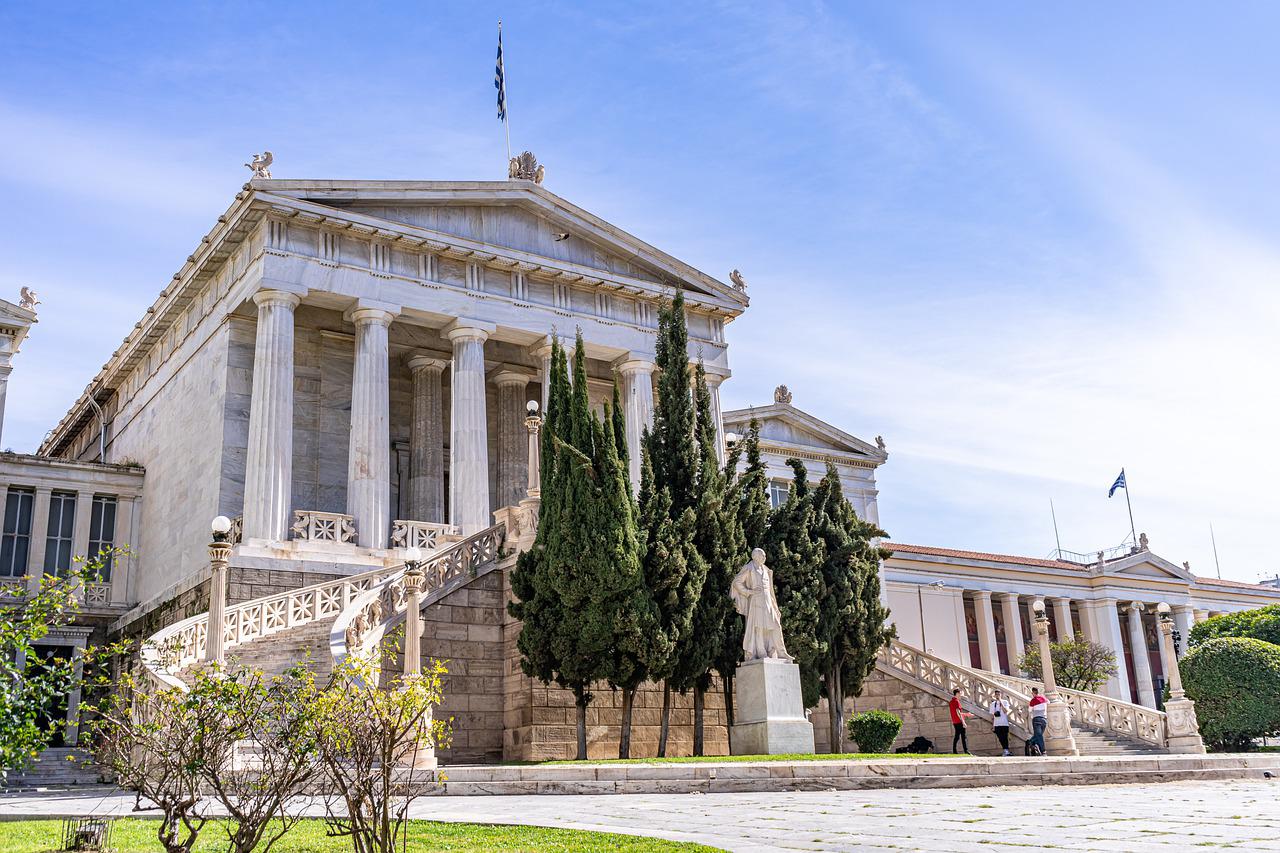
University College London (UCL) is a leading public research university located in London, United Kingdom. Founded in 1826, UCL was the first university institution to be established in London and the first in England to admit students regardless of their religion or social background.
Today, it is renowned for its academic excellence, research contributions, and commitment to innovation and inclusivity.
Academics of University College London (UCL)
UCL offers a wide range of undergraduate, graduate, and doctoral programs across various disciplines, including arts and humanities, social sciences, engineering, law, life sciences, physical sciences, and biomedical sciences.
The university is organized into several faculties and departments, each specializing in specific areas of study. Some of the notable faculties at UCL include:
- Faculty of Arts and Humanities
- Faculty of Social and Historical Sciences
- Faculty of Engineering Sciences
- Faculty of Laws
- Faculty of Brain Sciences
- Faculty of Medical Sciences
- Faculty of Population Health Sciences
- Faculty of Mathematical and Physical Sciences
UCL’s academic programs are characterized by their interdisciplinary approach, innovative teaching methods, and emphasis on research-led education.
Research in University
Research is central to UCL’s mission, and the university is home to numerous research centers, institutes, and collaborations dedicated to advancing knowledge and addressing global challenges.
UCL’s research efforts span a wide range of fields, from basic science to applied research, and encompass areas such as healthcare, sustainability, urban studies, technology, and the arts.
The university has a strong track record of research excellence and has contributed significantly to scientific discoveries, medical breakthroughs, and societal advancements.
Notable Alumni in University Campus
UCL boasts an impressive alumni network that includes numerous influential figures in various fields, including academia, politics, business, science, and the arts.
Some notable alumni of UCL include:
- Mahatma Gandhi (Leader of the Indian independence movement)
- Alexander Graham Bell (Inventor of the telephone)
- Marie Stopes (Pioneer in family planning and women’s rights)
- Christopher Nolan (Filmmaker)
- Francis Crick (Co-discoverer of the structure of DNA)
- Margaret Thatcher (Former Prime Minister of the United Kingdom)
- Jomo Kenyatta (First President of Kenya)
These individuals, among many others, have made significant contributions to society and have helped shape the world in which we live.
How to get Admission in University College London (UCL)
Admission to UCL is highly competitive, with applicants required to demonstrate strong academic credentials, intellectual curiosity, and a passion for their chosen field of study.
Prospective undergraduate students typically apply through the UCAS (Universities and Colleges Admissions Service) system and are assessed based on academic qualifications, personal statements, letters of recommendation, and, in some cases, admissions interviews or assessments.
Graduate and doctoral admissions criteria vary by program and may include additional requirements such as standardized test scores and research proposals.
Prestigues Campus Life in University College London (UCL)
UCL offers a vibrant and diverse campus life, with a wide range of student clubs, societies, and activities catering to different interests and backgrounds.
The university’s central location in London provides students with access to world-class cultural institutions, entertainment venues, and recreational opportunities.
Additionally, UCL provides various support services and resources to help students thrive academically, socially, and personally, including academic advising, career counseling, health and wellness services, and accommodation options.
Conclusion
University College London stands as a beacon of academic excellence and intellectual inquiry, with a legacy of innovation, inclusivity, and impact that spans nearly two centuries.
Through its commitment to education, research, and public engagement, UCL continues to push the boundaries of knowledge, foster critical thinking, and inspire future generations of scholars, leaders, and changemakers.
As a global institution with a local presence, UCL plays a vital role in shaping the future of London, the United Kingdom, and the world at large.




Your article helped me a lot, is there any more related content? Thanks!
Thank you for your sharing. I am worried that I lack creative ideas. It is your article that makes me full of hope. Thank you. But, I have a question, can you help me?
Can you be more specific about the content of your article? After reading it, I still have some doubts. Hope you can help me.